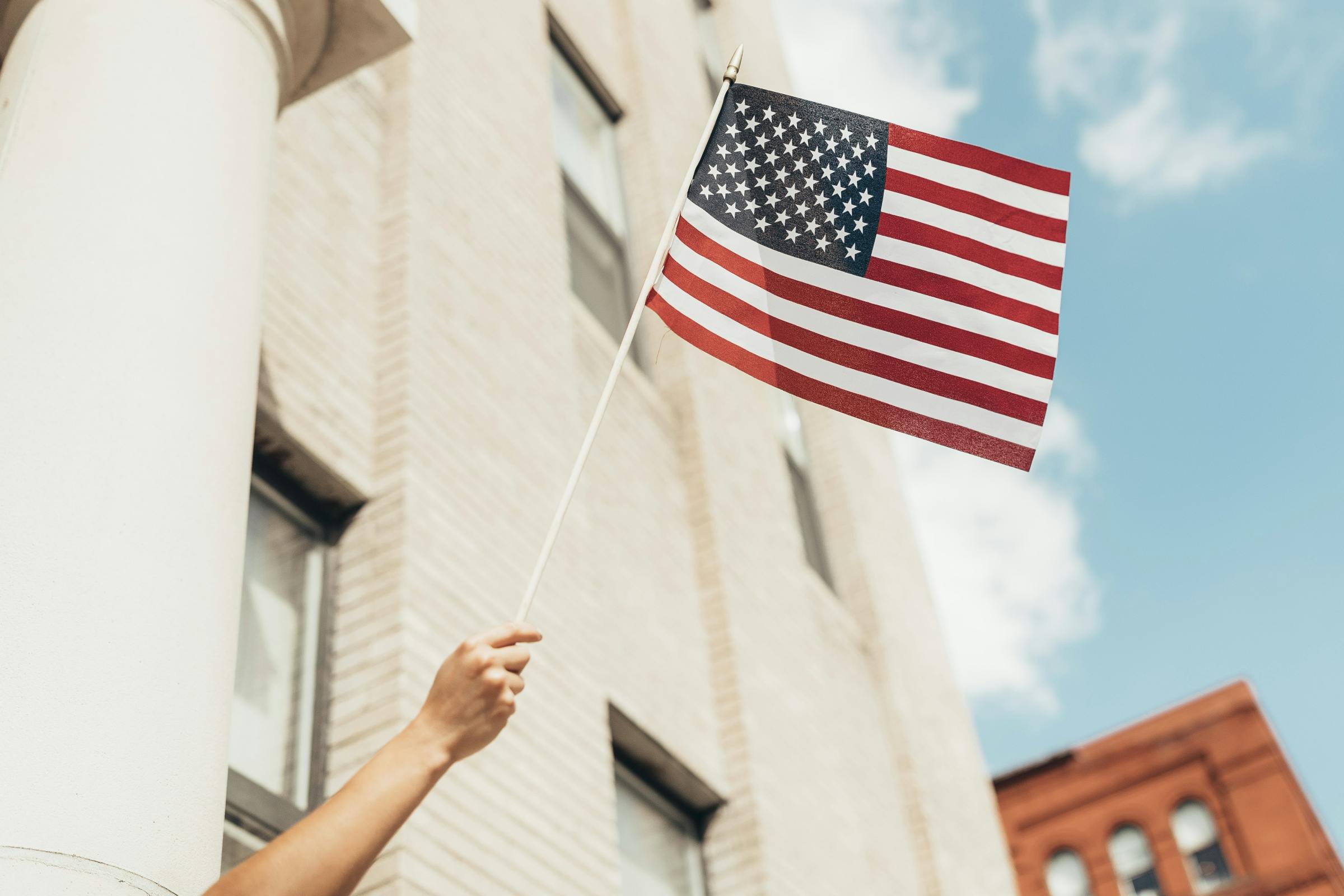Changes Since the Pandemic
For decades, the National Interest Waiver program remained relatively unchanged, with the expected shifts in policies to keep up with technology. However, after the fallout of the global pandemic, a significant adjustment in applicants and US interest appeared.
As of 2022, USCIS has evolved how the government branch handles NIW requests, mostly concerning the predominance of new entrepreneurs. Since COVID-19, e-commerce, remote working, and self-employment have all erupted as preferred and accepted industries, and the US NIW policies needed to include those seeking to bring their talents to the US as business owners. In addition, the need for the top minds in STEM fields (science, technology, mathematics, and engineering) arose, along with a rise in competition from other countries.
Beginning in 2022, USCIS policies changed, addressing STEM and Entrepreneur applicants and opening the NIW program up to include these in-demand fields. Over the next two years, the government offered perks like expanded premium processing for EB-2 NIW petitions. These small adjustments in the program made it clear that the industries coveted by the US government include finance, business, and STEM work.
Current and Future Trends and Predictions
With these changes in the recent past and our knowledge of the NIW decisions made by the administrative appeals office since 2022, we can scour the trends and predict a few possibilities in these types of cases. These predictions can make it easier to determine how a particular National Interest Waiver petition would be viewed by a particular agency, which enables a skilled NIW attorney to ensure they include the relevant information necessary to reach a successful result.
Consider these trends and predictions:
- Over the past year, NIW petitions made by individuals who proposed endeavors developing advanced knowledge or technology were more successful if their ideas had the potential to be patented, peer-reviewed as an article, or made into a conference. In general, we predict that endeavors that would be likely to become wide public knowledge in their industry will have a greater likelihood of being selected for NIW approval.
- Petitioners employed by large companies but who have held integral roles in research of technology, security, and next-generation endeavors may petition independently. The knowledge they possess as having been part of a major company could contribute to advancements in that field. In general, we predict that petitions held by someone who may be able to influence their industry with their knowledge have a greater chance of approval.
- Applicants must be well-positioned to advance their endeavors. It is not enough to meet the first prong of having an idea of national importance if the applicant cannot prove that they are fit to complete the work. Although this has been part of the NIW process since the Matter of Dhanasar, in particular, the US is focusing heavily on the positioning of the applicant. In general, we predict that an NIW case that doesn’t clearly show a correlation between the applicant’s ideas and their ability to pursue them will have a lower likelihood of approval.
What’s Next?
Reading the trends is beneficial, but it doesn’t mean filing for a National Interest Waiver is easy to predict. Filing for this challenging document should only be attempted with the help of a skilled NIW attorney like Visa2US. Contact us today to find out how we can assist you as you put together a watertight petition showcasing your skills and meeting the three essential prongs of a National Interest Waiver.














